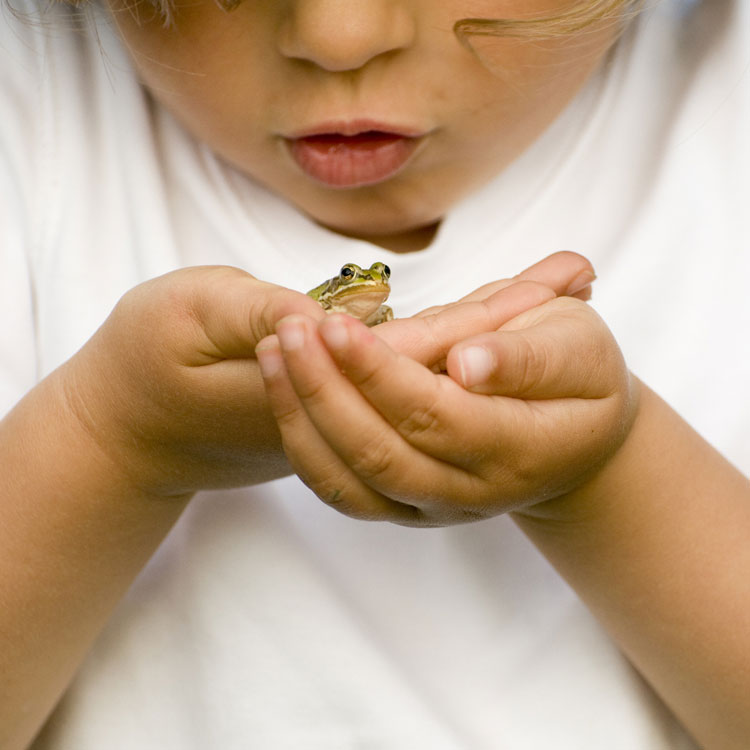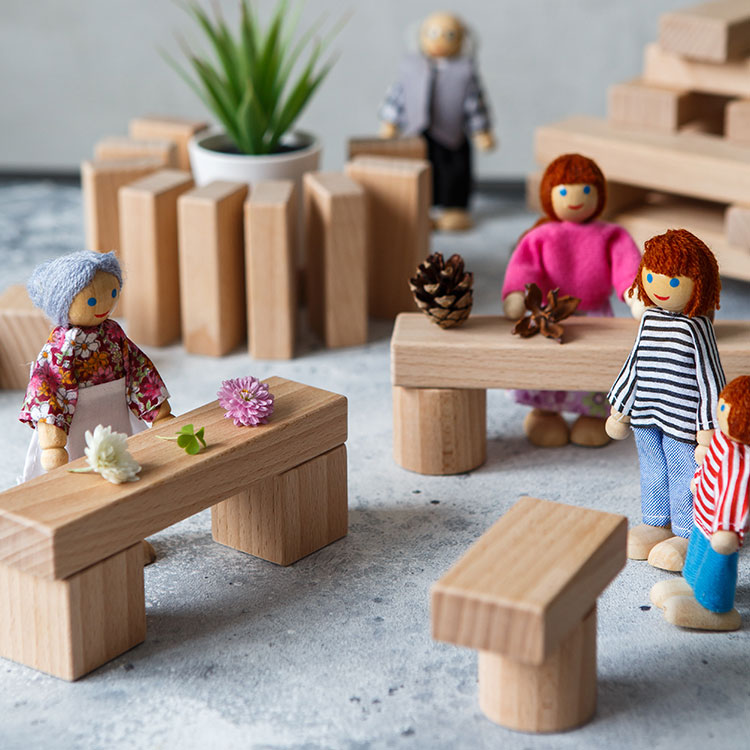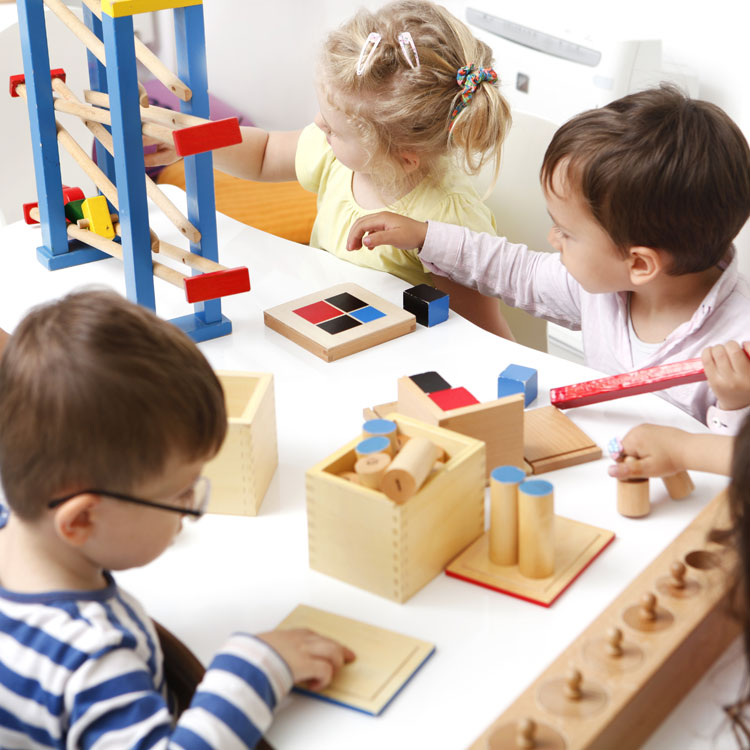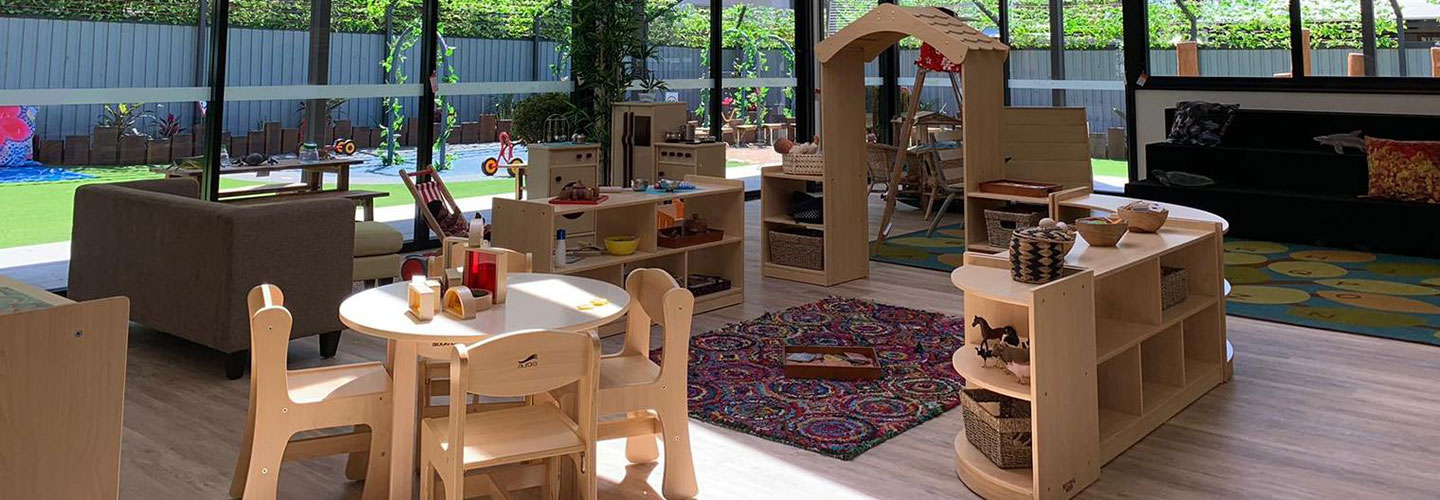Our Approach
Our Curriculum
Why is play important for a child’s development ?
At Play Patch Early Learning we believe that hands-on, experimental learning is the best educational approach for children and we do this through a strong connection to nature and the outdoors, interest-lead learning, emergent curriculum, a play-based focus, enquiry-based teaching style and authentic play. When children’s natural curiosity is encouraged, learning flows!
Play is vital for children. Through play young children explore and learn to understand the world around them as they come to communicate, discover, imagine and create. When children play they are showing what they have learned and what they are trying to understand. This is why play is one of the foundations of the EYLF. A play-based program does not mean that children just ‘do what they like’ all day. In a play-based program there will be times when children come together as a group, listen when others are talking, follow the rules of the group, begin to take responsibility for their actions and their environment.
Children are offered choices that reflect their developmental stage. The choices are determined by the educational team and are provided within limits of safety and within the group setting. The educational team continually evaluate children’s play to discover what it is children are learning and to then help shape and extend this learning.
The children’s day is filled with opportunities to test their skills, build on their ability to communicate and interact with others, gain new knowledge and retest learned skills. It is about the process of learning and never about a produced product! It is about fun, being safe, being nurtured and trusted.

Our Program
- Long Day Care (Birth – 4 years)
- Preschool – School Readiness Focus (ages: 4 – 5 years)
All Play Patch Early Learning Centres programs have a strong emphasis on play-based learning using the Early Years Learning Framework and Queensland Kindergarten Learning Guideline to guide our programs. We believe play is the best vehicle for young children’s learning providing the most appropriate stimulus for brain development. Our programs also recognise the importance of communication and language (including early literacy and numeracy) and social and emotional development. Some of the features of our quality programs will focus on play and how children learn through deep engagement in what they are doing and adults engaging with children through this process. You will find big blocks of time devoted to children’s play, allowing children to fully explore and learn.
There are five key learning outcomes linked to our curriculum, these learning outcomes are essential for a child to succeed through life and enhance their success as they start school. The five learning outcomes are: identity, connectedness, wellbeing, active learning and communicating.
Play Patch Early Learning offers a Government Approved quality Kindergarten Programs and believes that this is the foundation of early childhood education and prepares children for school. We have been assessed and certified by the Queensland Government to ensure all children receive a consistent, quality education and are ready for the transition to formal schooling.


Our centre provides warm, nurturing and stimulating environments aimed at offering the best possible early learning curriculum, where children can develop to their full potential. Play Patch Early Learning prepares your child for a successful School transition. Our Program includes:
- Curriculum program aimed at creating independent and confident children
- Specialised activities preparing them for the transition to school
- We work in consultation with parents to develop a customised learning program to suit each child
- We partner with local schools and hold regular excursions for children to meet teachers and become comfortable with big school.
- Interactive whiteboard, iPads and latest IT programs
- Weekly Bush Kinder promoting learning in Nature
- QLD Government Approved program delivered by qualified teachers
- Regular excursions to learn in and around the community
- Specialised extracurricular programs every day, such as sport classes, yoga, dance and music.
Programming The Rose Way
All of our programming, documentation, planning and reflection is based on “The ROSE Way” and the Early Years Learning Framework.
This may be different from how you’ve experienced programming within other services.
Background
The ROSE way sees Educators as the Researchers of children’s play. We view children as capable and competent learners and our role is to support each child to develop to their fullest potential. The ROSE way is not a recipe or activity-based planning rather a well-considered action based research planning structure that will inspire quality. The ROSE way believes that when children are treated with respect and given opportunities to be involved in decision making about their daily experiences and learning, they are then confident in demonstrating their true competencies.
What does this mean- An Inquiry Focus
Each Term the Educators will develop a Research focus question. This question will be used in all environments as the basis of our term's learning. This inquiry question will be the lens in which we view all children’s play and interactions and be the catalyst for intentional teaching strategies and approach within the environment. We view children as a contributing, valuable members within a community of learners- so we choose to document the learning of each community rather than just of that of the individual. As a caregiver we will invite you to give us feedback and share ideas/stories in response to our Inquiry question. This will help us hone our research focus, give us information to plan and respond to your children in authentic and meaningful ways.

For More Information: …
- The Rose Way- https://www.therosewayplanning.com/
- Early Years Learning Framework-http://acecqa.gov.au/national-quality-framework/
About Reggio Emilia
The Reggio Emilia is not a ‘method’ but an ‘approach’.
It is an innovative and inspiring approach to early childhood education which values the child as a strong, capable and resilient; rich with wonder and knowledge.
Each child brings with them deep curiosity and potential and this innate curiosity drives their interest to understand their world and their place within it.
Reggio Emilia has 7 fundamental principles:
- Children are capable of constructing their own learning
- Children form an understanding of themselves and their place in the world through their interactions with others
- Children are communicators
- The environment is the third teacher
- The adult is a mentor and guide
- Emphasis on documenting children’s thoughts
- The 100 languages of children.



